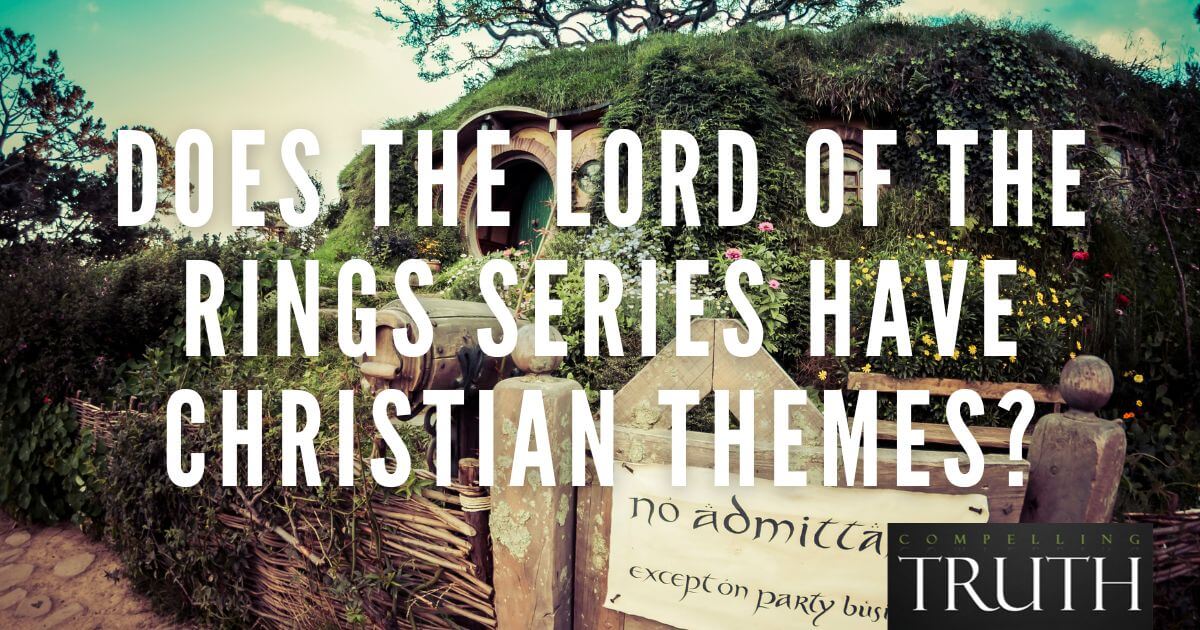The Harry Potter series, by J.K. Rowling, has been both embraced and criticized by Christian audiences. Some think of the books as fun and entertaining tales of the archetypal struggle between good and evil; others regard them as a dangerous doorway into the occult. Should parents be concerned about the effect that Harry Potter has on their children, or are these books just a harmless addition to the pantheon of fairy tales?
First, in what ways is Harry Potter different from the other fairy tales and fiction stories that exist, and are deemed harmless by the Christian community? The Narnia series is about children from England entering other dimensions by way of hidden passageways discovered by magical means. The Lord of the Rings is a story with wizards, elves, dwarfs, and dragons. The Wizard of Oz has good witches and bad witches. All of these elements exist also within Harry Potter. In this sense, Harry Potter is a typical fantasy hero in a typical fantasy story. Harry Potter differs in that it focuses a bit more exclusively on witches and wizards, and there is a school at which they learn the art of "witchcraft and wizardry." Also, the dark elements of the occult pictured in the Harry Potter stories are, at times, very dark and frightening, and could be disturbing to younger children.
The use of the word witchcraft in Harry Potter is problematic, as it has occult connotations. The Bible condemns the practice of the occult, witchcraft, sorcery, and spiritism (Deuteronomy 18:10–12), including contacting the dead and casting spells. On the other hand, the descriptions of the spells in the Harry Potter books are so fantastical that they bear little resemblance to the actual practice of witchcraft as it exists in the real world. It is possible that a child could be confused by the depiction of the occult in Harry Potter, and become desensitized to the idea of magic if he encounters it later in life. There are also instances of lying and subordination to authority that some families may not feel comfortable with.
C.S. Lewis once said: "it is a great mistake to suppose that children believe the things they imagine" and this quote holds true for any fiction story. If a child enjoys playing witches and wizards because he or she has read Harry Potter, this is not immediate cause for alarm, just as it would not be alarming to see your child pretending to be a dog or a horse. However, parents know their children best, and only they can decide if something is harmful for their child. In this, as in all matters, we should ask God for wisdom (James 1:5) and trust His leading (Proverbs 3:5–6). "Do not be anxious about anything, but in everything by prayer and supplication with thanksgiving let your requests be made known to God. And the peace of God, which surpasses all understanding, will guard your hearts and your minds in Christ Jesus. Finally, brothers, whatever is true, whatever is honorable, whatever is just, whatever is pure, whatever is lovely, whatever is commendable, if there is any excellence, if there is anything worthy of praise, think about these things" (Philippians 4:6–8).
First, in what ways is Harry Potter different from the other fairy tales and fiction stories that exist, and are deemed harmless by the Christian community? The Narnia series is about children from England entering other dimensions by way of hidden passageways discovered by magical means. The Lord of the Rings is a story with wizards, elves, dwarfs, and dragons. The Wizard of Oz has good witches and bad witches. All of these elements exist also within Harry Potter. In this sense, Harry Potter is a typical fantasy hero in a typical fantasy story. Harry Potter differs in that it focuses a bit more exclusively on witches and wizards, and there is a school at which they learn the art of "witchcraft and wizardry." Also, the dark elements of the occult pictured in the Harry Potter stories are, at times, very dark and frightening, and could be disturbing to younger children.
The use of the word witchcraft in Harry Potter is problematic, as it has occult connotations. The Bible condemns the practice of the occult, witchcraft, sorcery, and spiritism (Deuteronomy 18:10–12), including contacting the dead and casting spells. On the other hand, the descriptions of the spells in the Harry Potter books are so fantastical that they bear little resemblance to the actual practice of witchcraft as it exists in the real world. It is possible that a child could be confused by the depiction of the occult in Harry Potter, and become desensitized to the idea of magic if he encounters it later in life. There are also instances of lying and subordination to authority that some families may not feel comfortable with.
C.S. Lewis once said: "it is a great mistake to suppose that children believe the things they imagine" and this quote holds true for any fiction story. If a child enjoys playing witches and wizards because he or she has read Harry Potter, this is not immediate cause for alarm, just as it would not be alarming to see your child pretending to be a dog or a horse. However, parents know their children best, and only they can decide if something is harmful for their child. In this, as in all matters, we should ask God for wisdom (James 1:5) and trust His leading (Proverbs 3:5–6). "Do not be anxious about anything, but in everything by prayer and supplication with thanksgiving let your requests be made known to God. And the peace of God, which surpasses all understanding, will guard your hearts and your minds in Christ Jesus. Finally, brothers, whatever is true, whatever is honorable, whatever is just, whatever is pure, whatever is lovely, whatever is commendable, if there is any excellence, if there is anything worthy of praise, think about these things" (Philippians 4:6–8).



